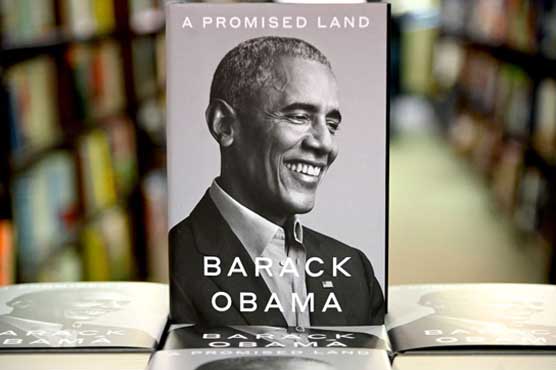Barack Obama's memoir exposes India's true face

Obama said violence, both public and private, remained an all-too-pervasive part of Indian life
WASHINGTON (Dunya News) – Former US president Barack Obama on Friday said that hostility towards Pakistan is the best way to highlight national unity in India.
In his new book, “A Promised Land”, the former US president said, “many Indians (took) great pride in the knowledge that their country had developed a nuclear weapons programme to match Pakistan’s, untroubled by the fact that a single miscalculation by either side could risk regional annihilation.”
“Violence, both public and private, remained an all-too-pervasive part of Indian life. Expressing hostility towards Pakistan was still the quickest route to national unity,” Obama wrote. “Most of all, India’s politics still revolved around religion, clan, and caste.”
Obama while exposing the Indian democracy has uncovered some important facts about anti-Muslim extremism and anti-Pakistan sentiments. When Obama met Manmohan Singh during his visit to India in November 2010, Singh told him that he feared “rising anti-Muslim sentiment had strengthened the influence of Hindu nationalist BJP”, the main opposition party at the time.
He described Singh as “a gentle, soft-spoken economist” who engineered the modernisation of his nation’s economy.
The ex-US president wrote in his book that today Indian society as a whole is focused on racism and nationalism, adding that despite economic development, India is a fragmented and destitute country and India is in the grip of corrupt political officials, narrow-minded government officials and politicians.
He wrote in the book that former Indian Prime Minister Manmohan Singh himself had admitted that the misuse of religious and ethnic unity in our country is not a difficult task for politicians.
The book, released worldwide on Nov 17, also includes a pen portrait of former Indian prime minister, Manmohan Singh, whom he first met at the 2009 G20 summit in Pittsburgh.
The former US president acknowledged that extremism, fanaticism, hunger, corruption, intolerance have become very strong in India and in this situation, no democratic system can bind it permanently.

